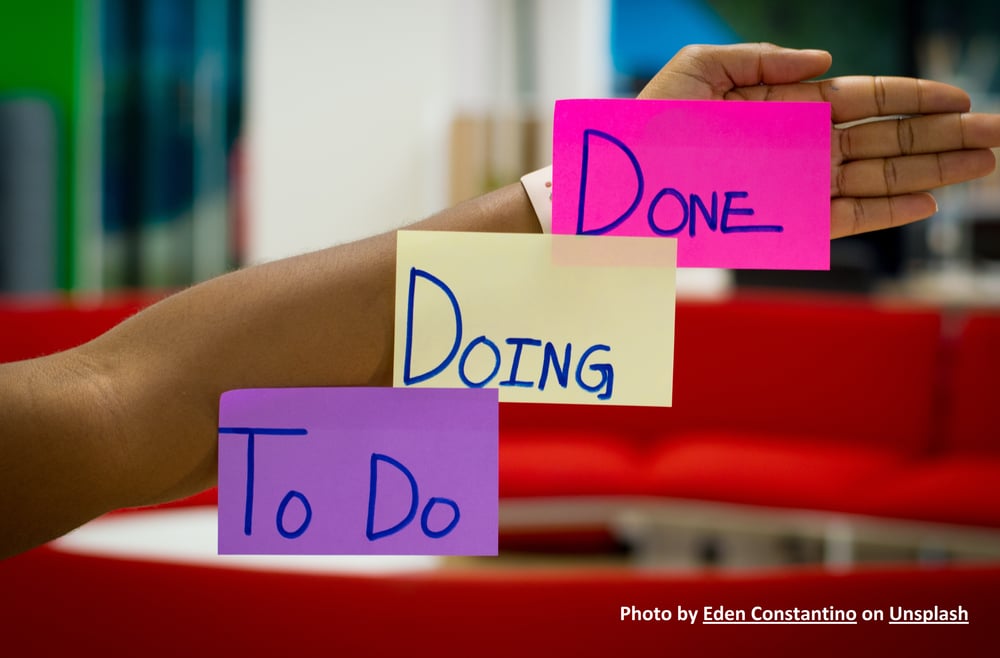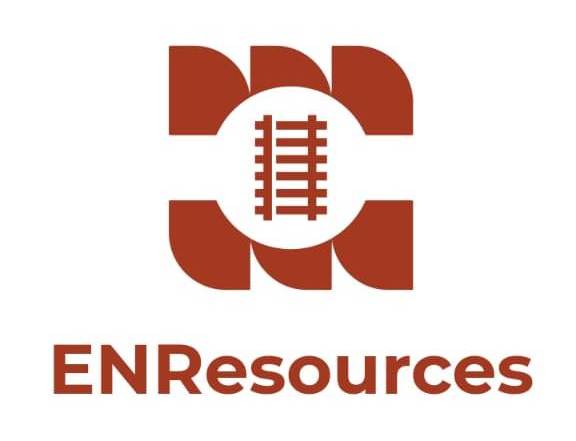
Introduction
In today's dynamic and quickly changing workplace, career development has become a long-term process that requires careful planning, proactive management, and the right use of resources. Taking ideas from the business world, project management (PM) frameworks provide useful tools that can be used to guide and shape a person's career path. The principles and methods of project management have been shown to lead complex business ventures to success, and this same efficiency can be used to manage and reach career goals. By applying the ideas of project management to career development, people can take a strategic approach that helps them move toward their own career goals.
(1) Defining the Career Project: Making Your Goals Clear
The first step in applying project management principles to your career is to define what success means to you in a clear and complete way. This is similar to laying out project goals at the beginning. This means writing down your long-term career goals, knowing what you want to do professionally, and picturing where you want to go. With this clear idea of what you want to do, you can build a structured career plan that fits your goals.
(2) Determining the Scope of the Career Project: Stopping Pointless Drifting
One of the hardest parts of building a career is avoiding what can be called "career scope creep," which is when people move from job to job and industry to industry without a plan. Using the concept of scope in project management can help you make a clear plan for your career. By defining the limits of your career path, figuring out the most important skills you'll need, pinpointing possible job positions, and choosing your preferred industries, you can plan a focused path with less uncertainty.
(3) Putting together a career project plan: making a road map
Just like projects need detailed plans with timelines, lists of resources, and steps to take, your career path also needs a well-structured plan. This plan will show you a step-by-step way to reach your career goals. In a career project plan, short-term and long-term goals are set, as well as milestones, a timeline for gaining skills and getting promoted, and the resources that will be needed to reach these goals.
(4) Creating a Stakeholder Management Plan: Nurturing Professional Relationships
In the world of career development, stakeholders are important people like mentors, managers, peers, and professional connections who help you grow. Identifying these key people and figuring out how influential they are can have a big effect on your career, similar to how managing project stakeholders can. Building strong relationships, asking for help, and using these connections to your advantage can help you grow in your career and lead to new opportunities.
(5) Risk Management: How to Handle Uncertainties in Your Career
Just as there are different risks with projects, there are also different risks with careers. Economic downturns, company layoffs, and changes in the way people look for jobs can all affect the stability of a career. By using strategies from project management for managing risks, you can come up with plans to deal with these problems. Building a wide range of skills, keeping a strong professional network, and keeping up with industry trends can help protect your career from sudden changes.
(6) Investing in professional growth by getting new skills and knowledge
Investing consistently in improving skills and learning new things is essential for career success. This is similar to the idea behind managing project resources. Continuous professional development is one of the most important parts of a successful career. To stay up-to-date in your field, this could mean getting a higher degree, going to workshops, getting certifications, or taking online classes.
(7) Tracking and Managing the Career Project: Changing with the Times
To make sure your career plan fits your changing professional journey, you need to look at it and make changes to it often. Your career plan should change as you gain experience, learn new skills, and deal with changes in the industry. In project management, the idea of monitoring and controlling means that you should always look at your progress, look for deviations, and change your strategies to fit your changing goals.
(8) Using Change Management: Accepting Career Changes
A person's career path rarely goes exactly as planned. Like project change management, it's important to be ready to make the necessary changes and transitions. Accepting change could mean switching industries, taking on a different job, or moving to a better place. Being able to adjust to these changes and get around them well can help you have a strong and rewarding career.
(9) Making sure quality management happens: sticking to professional standards
Using the principles of quality management in your career means that you have to keep up high standards at work. This could mean always improving your skills, getting advanced certifications, asking for feedback, and trying to do your best in everything you do. Just like quality assurance is a sign of a successful project, a commitment to excellence builds your reputation and helps you keep growing.
(10) The End of a Career Project: Looking Back and Setting New Goals
In the context of a career, "closing a project" doesn't mean "the end," but rather a time to reflect, learn, and set new goals. When you reach your career goals, it's a big deal, but the journey of learning and growing doesn't end there. This phase is all about looking back on your experiences, figuring out what went well and what didn't, and setting new goals for your career.

But it's important to make a full career project management plan to guide the whole lifecycle and make sure the deliverables are managed well. To make a complete 10-year career project management plan, you need a strategic approach, careful planning, and a clear idea of what you want to achieve in the long run.
Here's an example of a plan to help you put together a project management plan for your future career:

Title: Building a 10-Year Career Project Management Plan
Introduction
Explain what a 10-year career project management plan is and how it can help you reach your long-term career goals.
Step 1: Evaluate yourself and set goals (Year 1)
a) Do a thorough self-evaluation to find out what your strengths, weaknesses, values, and passions are.
b) Set clear and specific goals for your career over the next 10 years, taking into account both personal and professional goals.
c) Find the important goals you want to reach at the end of each phase.
Step 2: Get an education and learn new skills (Years 2, 3 and 4)
a) Find out what skills and qualifications you need to get to where you want to be in your career.
b) Find courses, workshops, certifications, and programs that will help you get the skills you want.
c) Make a plan for when you will learn these skills, taking into account the other things you have to do.
Step 3: Get work experience and make connections (Years 4 and 5).
a) Plan your career path by looking for jobs that will help you reach your long-term goals.
b) Create a plan for networking to connect with people in your field, mentors, and possible partners.
c) Look for internships, part-time jobs, or freelance work to help you get real-world experience.
Step 4: Getting better and getting more specialized (Years 6 and 7)
a) Check your progress and make changes to your plan if you need to.
b) Focus on becoming an expert in your chosen field by learning and using new things all the time.
c) Look for leadership positions or projects where you can show off your skills and work.
Step 5: Leadership and Impact (Years 8 and 9)
a) Try to get leadership roles that fit with your career goals.
b) You can become known as a thought leader in your field by mentoring and guiding other people in that field.
c) Start making contributions to conferences, publications, or community projects in your field.
Step 6: Look back and keep growing (Year 10)
a) Compare what you've done to your original goals and milestones.
b) Think about what you've learned, how you've dealt with problems, and what you could do better.
c) Rewrite your project management career plan for the next 10 years, taking into account new goals and industry trends.

Conclusion
Putting it all together, using project management principles to manage your career gives you a structured and strategic way to reach your career goals. If you think of your career as a long-term project, you can focus your efforts in a way that will lead you to success. You can find your way through the complex landscape of your career with careful planning, a clearly defined scope, efficient resource allocation, and constant monitoring and change.
Using project management methods to advance your career may require you to change your way of thinking, but the benefits are worth it. This approach gives not only a goal but also a clear plan for how to get there. As the work world changes, incorporating project management principles gives people the tools they need to steer their careers with purpose, resilience, and a strategic edge.
Summarize the most important parts of your 10-year project management career plan, focusing on how important strategic planning, flexibility, and persistence are. Make it clear that this plan is a dynamic road map that will help you reach your long-term career goals. Remember that the plan gives you structure, but you need to be able to change as opportunities and situations change. Your 10-year career project management plan can help you have a successful and satisfying career path if you work hard and take action.
About the Author

Emmanuel is an MSc graduate of Engineering Project Management at Coventry University. He has over 20 years of experience as a dissertation writing research tutor, project manager, and business development professional. He has a strong background in delivering high-quality research-based content across various industries. His writing style is versatile, allowing him to adapt to different subjects and formats, including academic papers, market research reports, and business proposals. You can enroll for his Research Writing Assistance and Tutoring Services to enhance both your academic performance and career readiness.
References
1. Antoniu, E. (2010). Career planning process and its role in human resource development. Annals of the university of petroşani, economics, 10(2), 13-22.
2. Bathmaker, A. (2021). Constructing a graduate career future: Working with Bourdieu to understand transitions from university to employment for students from working‐class backgrounds in England. European Journal of Education.
3. Greer, M. (2010). The Project Management Minimalist: Just Enough PM to Rock Your Projects!. Laureate Publishing.
4. Martinez, R.J., (2017). Project Management for you: How to turn your ideas into reality, deliver on your promises, and get things done. Reycraft Books.



